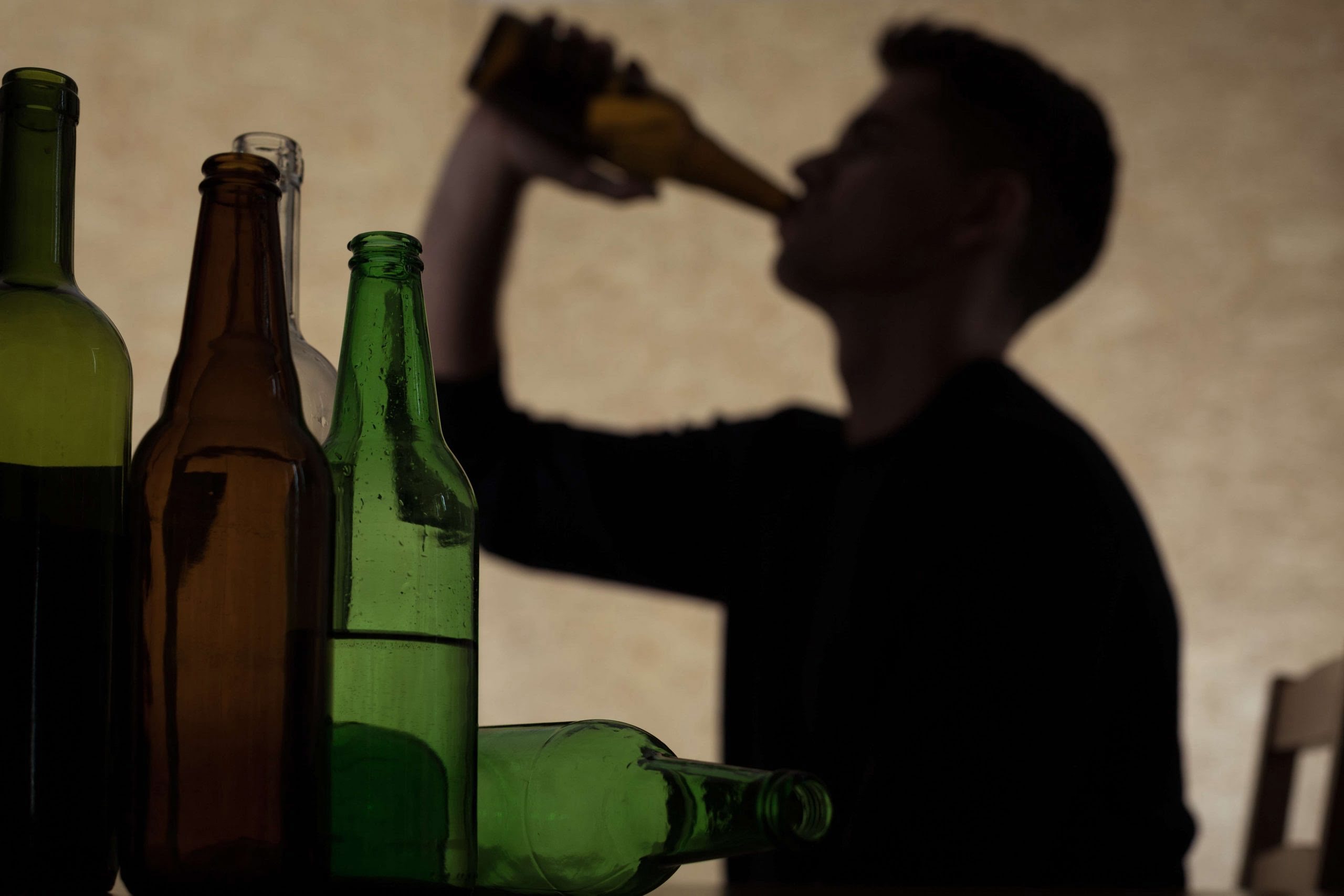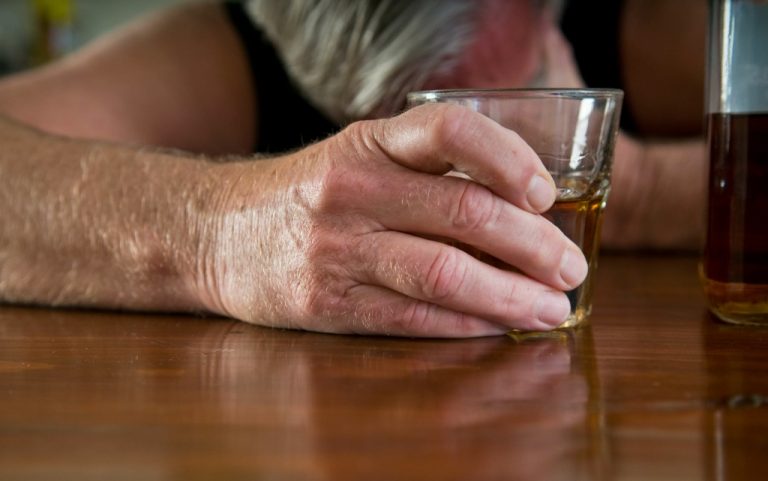Alcohol and diabetes: Effects, blood sugar levels, and guidelines
Athletic Lite Non-Alcoholic Brew, for example, contains just 25 calories and 5 grams of carbs per 12-ounce serving. Medical experts have determined that even moderate drinking increases health risks for everyone, but for people with diabetes it holds unique short- and long-term dangers. Alcohol consumption can lead to dangerously low blood sugar levels. This is…
Athletic Lite Non-Alcoholic Brew, for example, contains just 25 calories and 5 grams of carbs per 12-ounce serving. Medical experts have determined that even moderate drinking increases health risks for everyone, but for people with diabetes it holds unique short- and long-term dangers. Alcohol consumption can lead to dangerously low blood sugar levels. This is because the liver has to work to remove the alcohol from the blood instead of managing blood sugar levels.
- Because alcohol is highly addictive and research links heavy consumption to an array of adverse health effects, avoiding the beverage is the healthiest choice for anyone.
- Drinking too much alcohol can increase triglyceride levels (fat in the blood) and your blood pressure.
- You are probably better off, however, if you choose drinks that have fewer carbohydrates, such as light beers, dry wines, and seltzers.
- However, the calories and carb content of light or non-alcoholic beer can vary widely from brand to brand.
Alcohol and hypoglycemia
- If you are intoxicated, you may not hear your CGM alarms or feel the usual symptoms of low blood sugar.
- When this happens, your blood sugar levels aren’t steady and can drop too low.
- However, according to American Diabetes Association (ADA), heavy consumption and zero consumption increase the risk.
- The risk can be lowered if you take alcohol along with food.
- ALWAYS consume alcohol with a meal or snack that contains carbohydrates.
A daily cocktail or two may improve blood glucose (blood sugar) management and insulin sensitivity. If you have one or more drinks a day, you may find that your A1C is lower than during times you weren’t drinking. But if you don’t drink regularly, this doesn’t mean you https://edinstvo-news.ru/page/6/ should start. After all, other aspects of moderate drinkers’ lives may be behind the link.
Frequently Asked Questions Regarding Alcohol Use and Diabetes
- Even if you have a drink, this may not influence short-term blood glucose levels.
- That said, when it comes to alcohol, people with blood sugar problems should always remain cautious.
- The ADA does not forbid a person with diabetes from consuming alcohol, but they do not advise it either.
- Rum, vodka, gin, and whiskey are examples of distilled spirits.
- With all the focus on carbs, it’s easy to forget that alcohol also has calories.
Some sources (including Diabetes UK ) advise strict carbohydrate management, perhaps even chips or pizza, if a large amount of alcohol has been https://www.cialpharmedi.com/2019/02/ consumed. There is no need for people with diabetes to give up alcohol simply because of their diabetes. Alcohol can also affect diabetic nerve damage, eye disease, and high blood triglycerides. Even a seemingly low-carb mixed drink such as a gin and tonic still contains carbohydrates (about 15 grams) thanks to the tonic water.

Beer

Drinking too much alcohol (more than three drinks daily), on the other hand, can cause higher blood sugar and A1c levels, according to the American Diabetes Association. One study found that women who drink moderately have a lower risk of developing type 2 diabetes than women who do not drink. The study had a number of limitations, however, which might alter the perception of impact. If you are intoxicated, you may not hear your CGM alarms or feel the usual symptoms of low blood sugar. Instead, you could potentially sleep through the low, increasing your risk of https://allnewstoday365.com/ecilined-brain.html severe hypoglycemia, seizures, or death. The bottom line is that any person with diabetes who wishes to consume alcohol should first discuss it with a doctor.


For example, studies have shown that for people who have type 2 diabetes, occasionally drinking alcohol may slightly reduce glucose levels. And those with diabetes need to bring down elevated glucose levels. It makes sense, then, that drinking could play a role in preventing and treating type 2 diabetes.

